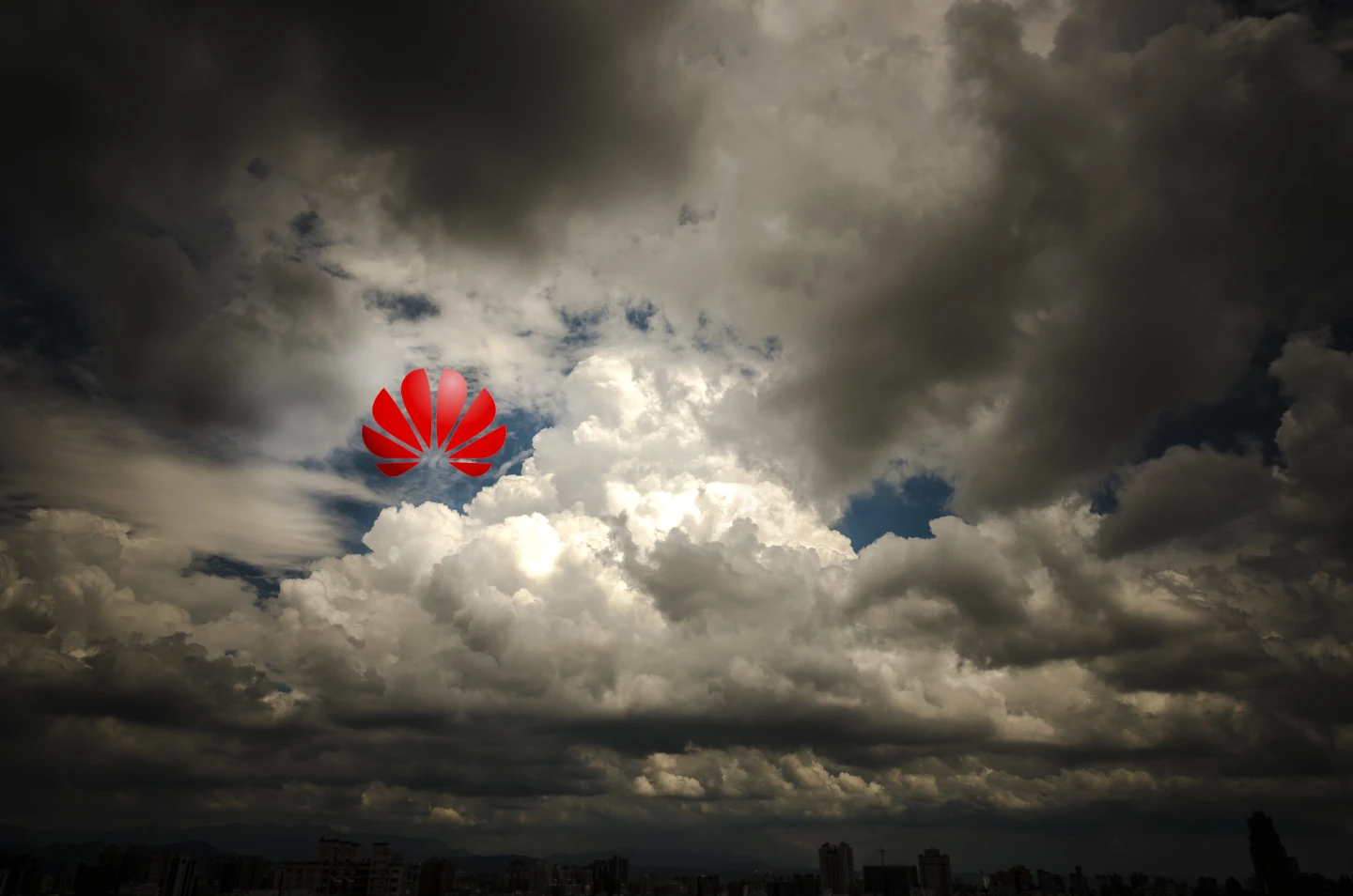Huawei Cloud Shines as Container Management Leader, Challenging Big Tech Dominance
Huawei Cloud catapults into the Gartner Magic Quadrant for Container Management 2025 Leaders quadrant, marking a significant challenge to the established cloud giants. This achievement, amidst geopolitical tensions, highlights Huawei’s innovative strength in AI-powered container solutions.
Disrupting the Status Quo: While Google Cloud, Amazon Web Services (AWS), and Microsoft Azure dominate containerized workflows, Huawei Cloud is rapidly gaining traction. Gartner’s recognition underscores its innovative approach and expanding enterprise presence. Critically, Huawei’s global customer recognition score (4.7) outperformed other Chinese tech giants and the established tech trio, demonstrating strong customer satisfaction.
Comprehensive Container Solutions across the Cloud Spectrum: Huawei Cloud, according to Gartner, offers the most complete container product matrix across public, distributed, hybrid, and edge clouds. The company’s proven capabilities extend beyond container orchestration, encompassing AI-related workloads, showcased through significant client wins globally.
Real-World Success Stories: From media streaming giant Starzplay in the Middle East and Africa to logistical powerhouse Ninja Van, and e-commerce platform Konga in Nigeria, Huawei Cloud is delivering tangible results. Chile’s Chilquina Energia demonstrates the system’s effectiveness with a reported 90% performance improvement across its stack. Companies across diverse industries are recognizing the value of Huawei’s offerings.
Open Source Engagement and AI Leadership: Huawei’s active participation in open-source projects, including the Cloud Native Computing Foundation (CNCF) through multiple project maintainer seats and leadership roles, sets it apart. This openness contrasts with the often-proprietary approach of competitors. Huawei’s AI expertise further positions it for success, particularly with the development and deployment of container-based solutions. Cutting-edge AI models, like the Pangu series pre-configured for specific industries, are a key differentiator, delivering AI compute capability to thousands of customers worldwide.
Overcoming Obstacles: Despite facing scrutiny due to its Chinese origin in Western markets, Huawei continues to innovate within the AI and microservices spheres. The company’s commitment to open source, despite a backdrop of geopolitical hurdles, is a key element of its strategy.
Key Features and Products: Huawei offers a robust range of products, including CCE Turbo, CCE Autopilot, the UCS distributed cloud-native service, and its Cloud Container Instance (CCI). The CloudMatrix384 supernodes provide significant AI processing power (300 petaflops), potentially challenging Nvidia’s dominance in the AI chip market.
Global Reach and Availability: Huawei Cloud’s presence extends across 34 geographical regions. The company’s comprehensive infrastructure and extensive availability zones contribute to the resilience and scalability of deployments.
Conclusion: Huawei’s inclusion in the Gartner Magic Quadrant Leaders quadrant for Container Management is evidence of its remarkable growth and innovation. Positioned as a strong alternative to established players, Huawei is demonstrating its ability to succeed despite challenges, providing a compelling case for its container and AI capabilities.
(Link to the full Gartner report)
(Image)
(Links to related events and resources)

